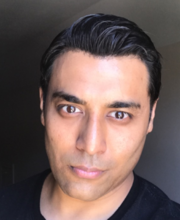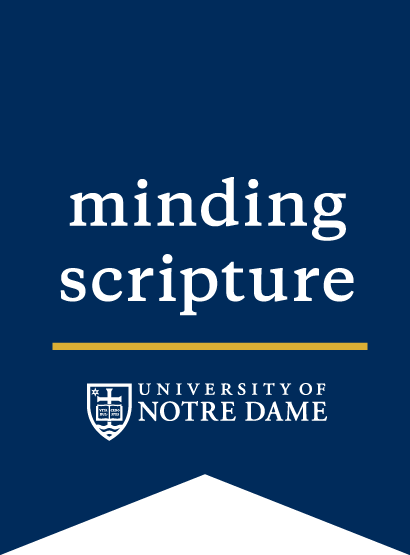Show Notes
Professors Gabriel Reynolds and Mun’im Sirry are joined by Dr. Javad Hashmi, a physician and PhD candidate in Islamic Studies at Harvard who focuses on Qur’anic studies, the ethics of war and sanctity of life, and the doctrine of jihad. Together, they discuss questions relating to Qur’anic cosmology: how does the Qur’an conceive of the heavens and the earth? Where, and what, are heaven and hell? How should readers understand references to angels and jinn?
Dr. Hashmi was initially drawn to medicine, but after obtaining his degree, he returned to study Islam. His background in the sciences has informed his study of the Qur’an, which he believes should be founded on reading the text with an intention of discerning the true meaning rather than seeking confirmation of modern perspectives.
Join our hosts as they explore scriptural depictions of God’s ultimate plan for man, the Qur’an’s depiction of the Last Days and resurrection of man, and how Qur’anic cosmology intersects with natural history. When the scientific laws of nature are taken into consideration, what role does that leave for God as a Creator? How ought humans understand natural disasters and tragedies? Ultimately, how does one join together a robust scientific perspective with a faithful reading of scripture?
Further Resources:
Guessoum, Nidhal. Islam’s Quantum Question: Reconciling Muslim Tradition and Modern Science. New York: I.B. Tauris, 2010.
Featured Guest

Dr. Hashmi is a board-certified emergency physician and PhD candidate in Islamic Studies at Harvard university. He focuses on Qur’anic studies, the ethics of war and sanctity of life, the doctrine of jihad, and Islamic modernism.
Dr. Javad Hashmi
Physician and Islamic Studies Scholar
IMAGE CREDIT: Wiki Creative Commons
